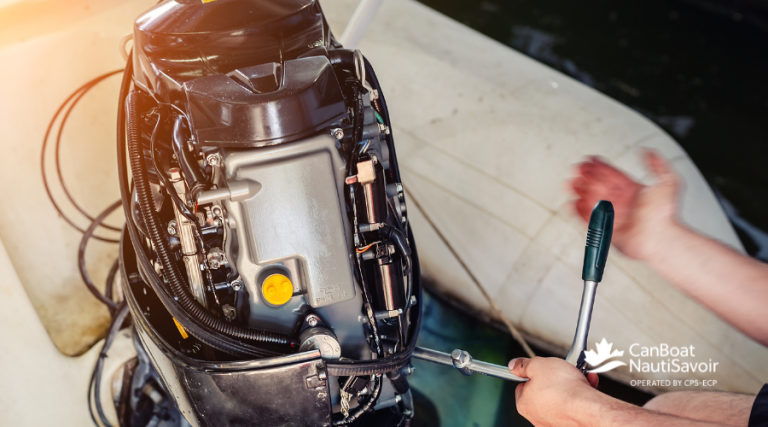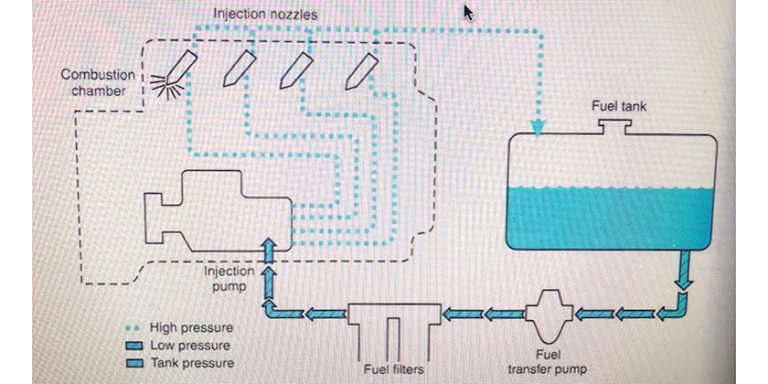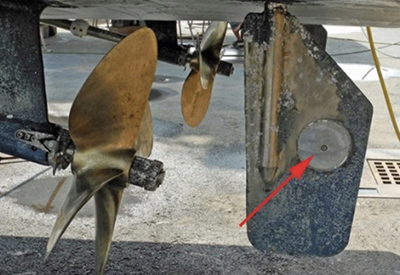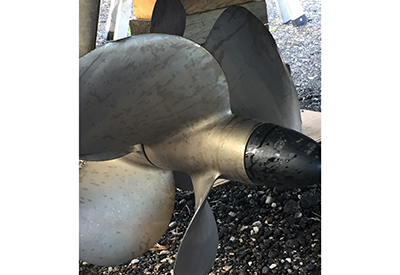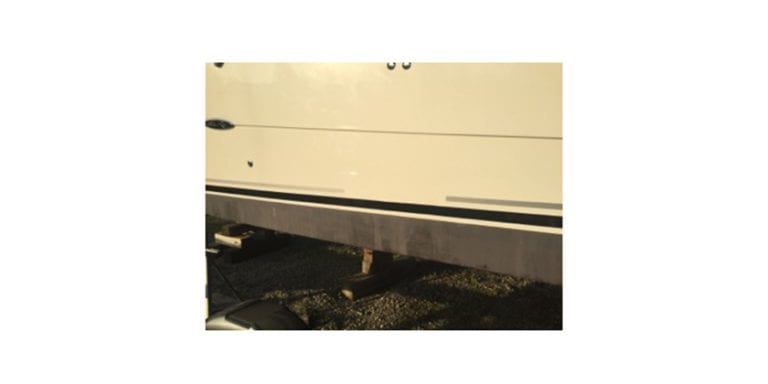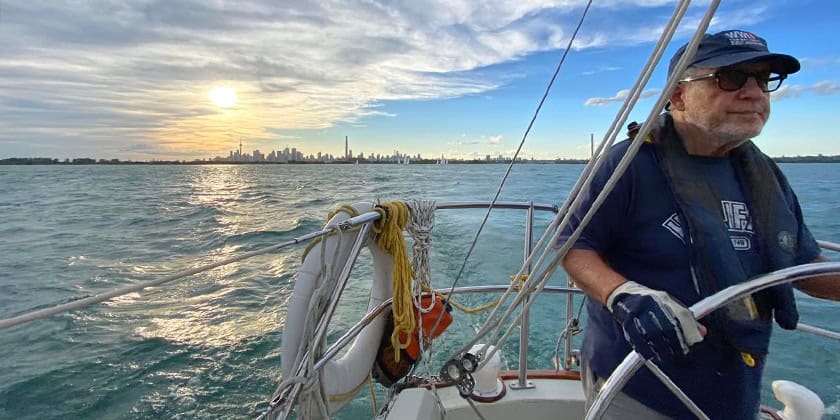Ask Andrew: Bilge rot – a cautionary tale
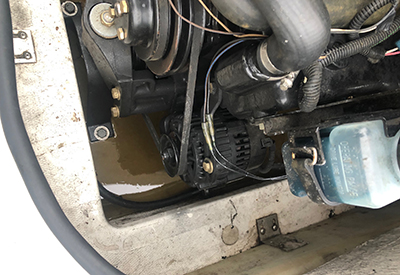
Nov 7, 2019
Filthy bilge water…..an ideal environment for nasty things to grow.
I’ve lost count of the number of times I’ve told my children to wash their hands. I remind them before dinner, after using the washroom, after touching dirty, sticky or grimy things.
As a parent, I’ve become so used to saying ‘wash your hands’ that I’ve forgotten the nasty ramifications if you don’t. I hope that this serves as a cautionary tale:
Boats are filthy. Lift an engine hatch, and along the edge or lip of the hatch you’ll see collected debris, dirt, grime, hair, food particles and worse. Lift the floorboards and take a look at the bilge. Many have standing water, dirt, grime, grease and worse. If your potable water lines are clear tubing, take a look at the gunk lining the inside of the lines carrying water to your faucets. Worst of all – imagine the bacteria growing in and out of the lines that take your waste from your marine toilet, to a holding tank, and the connections used to pump-out that waste.
Boats are, by their very nature, immersed in an environment that is a breeding ground for mould, mildew, rot and a plethora of microscopic bacteria.
I was reminded of this the hard way, a few weeks ago. I loosened the nut on a hose clamp and nicked my finger on the end. The type of cut that I’ve had too many time to count. It was essentially a paper cut so I thought nothing of it. Later in the day, when it was convenient, I washed my hands and continued working.
Two days later, my finger burned, swelled to twice it’s normal size and was in excruciating pain. After a trip to the hospital, I was prescribed two types of antibiotics to fight the nasty staph (bacterial) infection in my finger. I fought a fever for the next two days, and waited for the pain and swelling to subside – all the while cursing for not taking better care of myself.
The entire experience made me wonder how many of us forget some of the inherent dangers of working and playing on or around boats – and how we can mitigate some of these risks. There are a number of ways that I went wrong, and there are a number of ways that you can protect yourself from making the same mistake of complacency that I did:
 Left: The Spray Nine label showing all the bacteria/viruses that it kills
Left: The Spray Nine label showing all the bacteria/viruses that it kills
 Right: Mechanix-style gloves will protect against cuts and abrasions
Right: Mechanix-style gloves will protect against cuts and abrasions
1) Like every parent says: Wash your hands. Wash your hands before and after doing any work on your boat: this will stop you from bringing dirt, bacteria and grime aboard with you, and will protect you from picking it up from any part of your boat. If you get cut, clean it thoroughly and bandage it appropriately
2) Another parental maxim: Clean your room. Keeping your boat itself clean, will stop bacteria from breeding and laying in wait for an unsuspecting victim. No one likes to degrease an engine, flush water lines, disinfect waste systems, or clean a bilge. However, these areas are breeding grounds for nasty things that can hurt us. The cleaner the boat is, the less chance for bad stuff to grow.
3) Use the right cleaning supplies. I’ve never been a fan of bleach on boats. Besides the environmental factors, there’s too much risk for damage to canvas covers, plexi-glass, and caulking. I like Spray Nine as an alternative. It has a very high ability to disinfect, degrease and clean, in one neat package. It’s easy to find; most marine chandleries carry it, but so do most automotive and big-box stores like Canadian Tire.
4) Use appropriate protection. Wear gloves (latex or nitrile) when working in dirty areas, and use work gloves when there is danger of cutting your hands. Wear long sleeves to protect your arms (my hands and arms seem to take the brunt of cuts and scrapes.) I also generally wear long pants and boots as an added protection (though, this isn’t practical or necessary for everyone).
5) Keep first aid kits up to date with appropriate bandages, disinfectants and supplies. I’ve just topped up mine with Polysporin, Band-Aids, and hand sanitizer.
Be safe, have fun, and wash your hands!
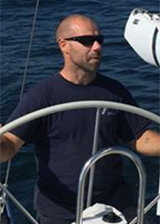 Andrew McDonald is the owner of Lakeside Marine Services – a boat repair/maintenance firm based in Toronto. Andrew has worked in the marine industry for 12 years and is a graduate of the Georgian College ‘Mechanical Techniques – Marine Engine Mechanic’ program.
Andrew McDonald is the owner of Lakeside Marine Services – a boat repair/maintenance firm based in Toronto. Andrew has worked in the marine industry for 12 years and is a graduate of the Georgian College ‘Mechanical Techniques – Marine Engine Mechanic’ program.

